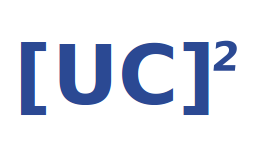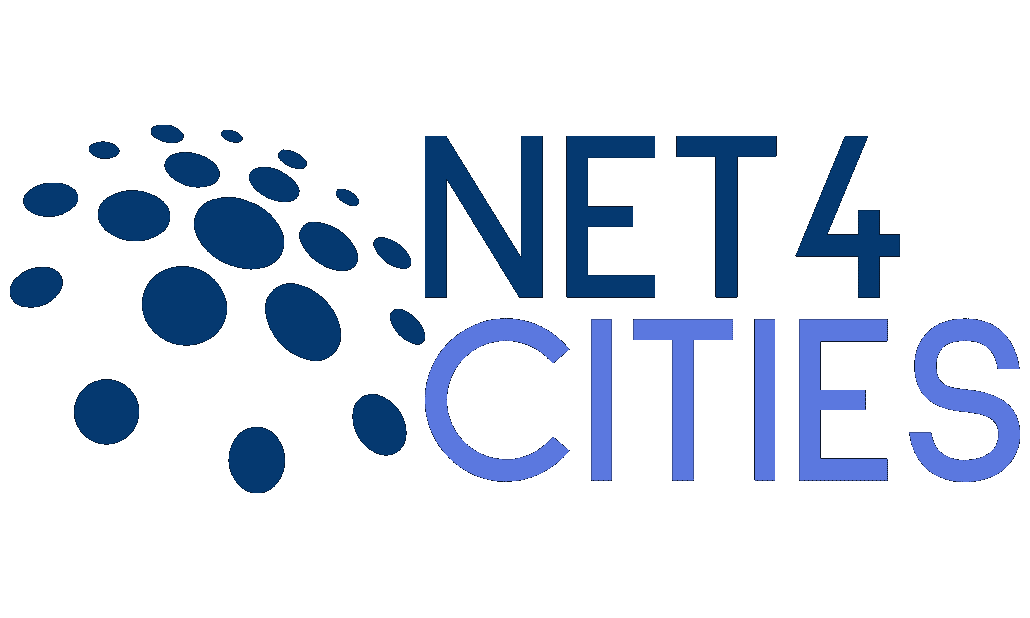
SDG 11 aims to make cities and human settlements inclusive, safe, resilient, and sustainable. This involves not only the right to access adequate, safe, and affordable housing and basic services, as well as affordable, accessible, and sustainable transport systems, but also the reduction of the adverse per capita environmental impact of cities, including by paying special attention to air quality and municipal and other waste management.
Overview, targets and indicators of SDG 11
Forschungszentrum Jülich is helping to realize SDG 11 by investigating air quality in cities in order to monitor the impact of climate change and the energy transition on the quality of life in cities.
Mobilab
The MobiLab mobile laboratory has been in operation since 2016. It is equipped with comprehensive gas phase and particle analysis equipment, which allows highly time-resolved measurements.
Unlike fixed measuring stations, which provide long time series of measured values with an hourly resolution, MobiLab measures episodically with a high temporal resolution of one second or better. This is the only way to capture differences in pollutant distribution, which occur in cities.
The data form the basis for models that can map pollutant loads in cities with metre-level accuracy and are used in projects such as “Urban Climate under Change” or “Net4Cities”.

„MobiLab ist mit einer hochmodernen Messtechnik ausgerüstet, die wir ständig versuchen zu erweitern und an unsere Fragestellungen anzupassen. So installieren wir jetzt ein Massenspektrometer, das organische Verbindungen in Sekundenauflösung erfasst. Damit können wir mögliche Quellen dieser Schadstoffe, die Ozon oder Feinstaub produzieren, bestimmen. Auch Treibhausgase, wie Methan, oder Ultrafeinstaub können wir messen,“ says Dr. Robert Wegener, contact person for MobiLab and senior scientist at the Institute of Climate and Energy Systems – Troposphere (ICE-3).


